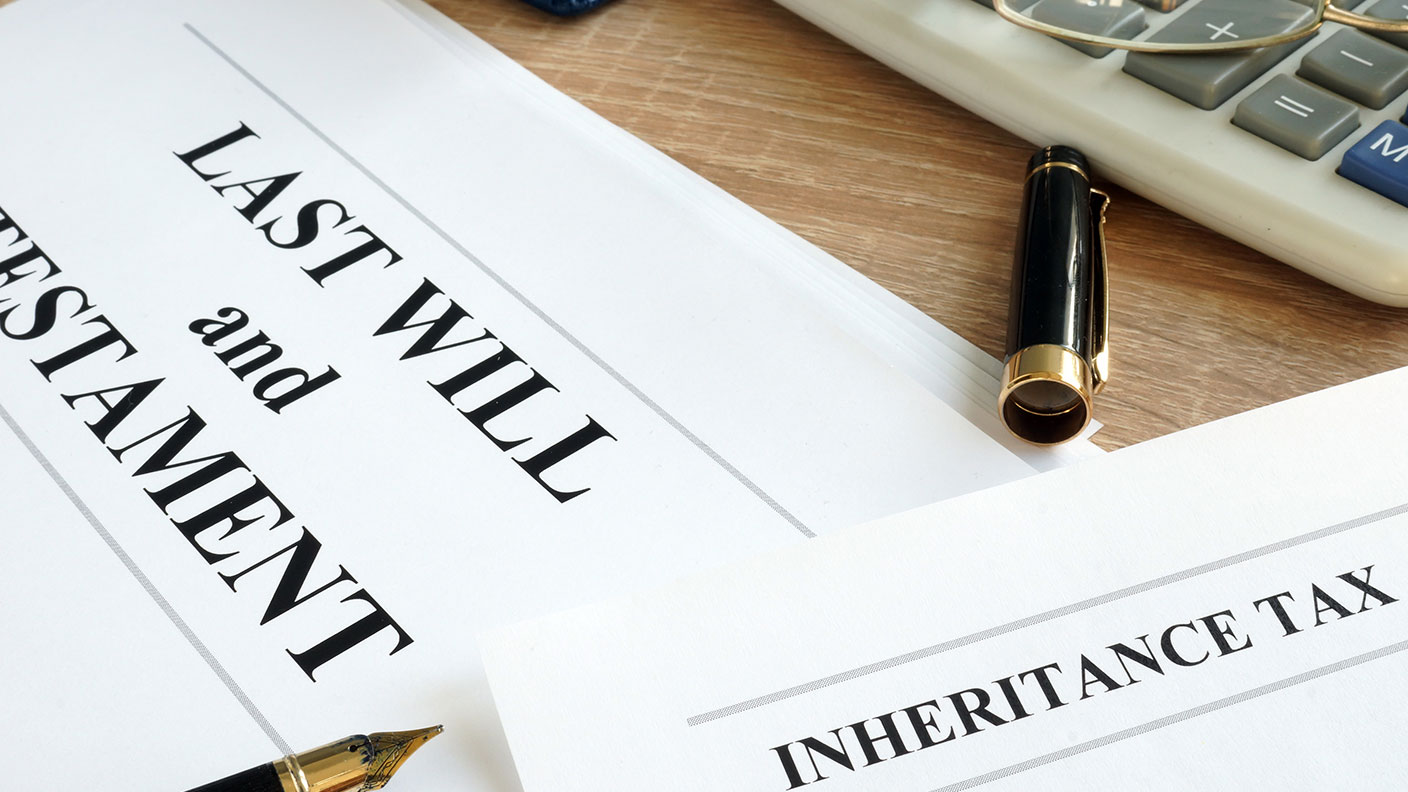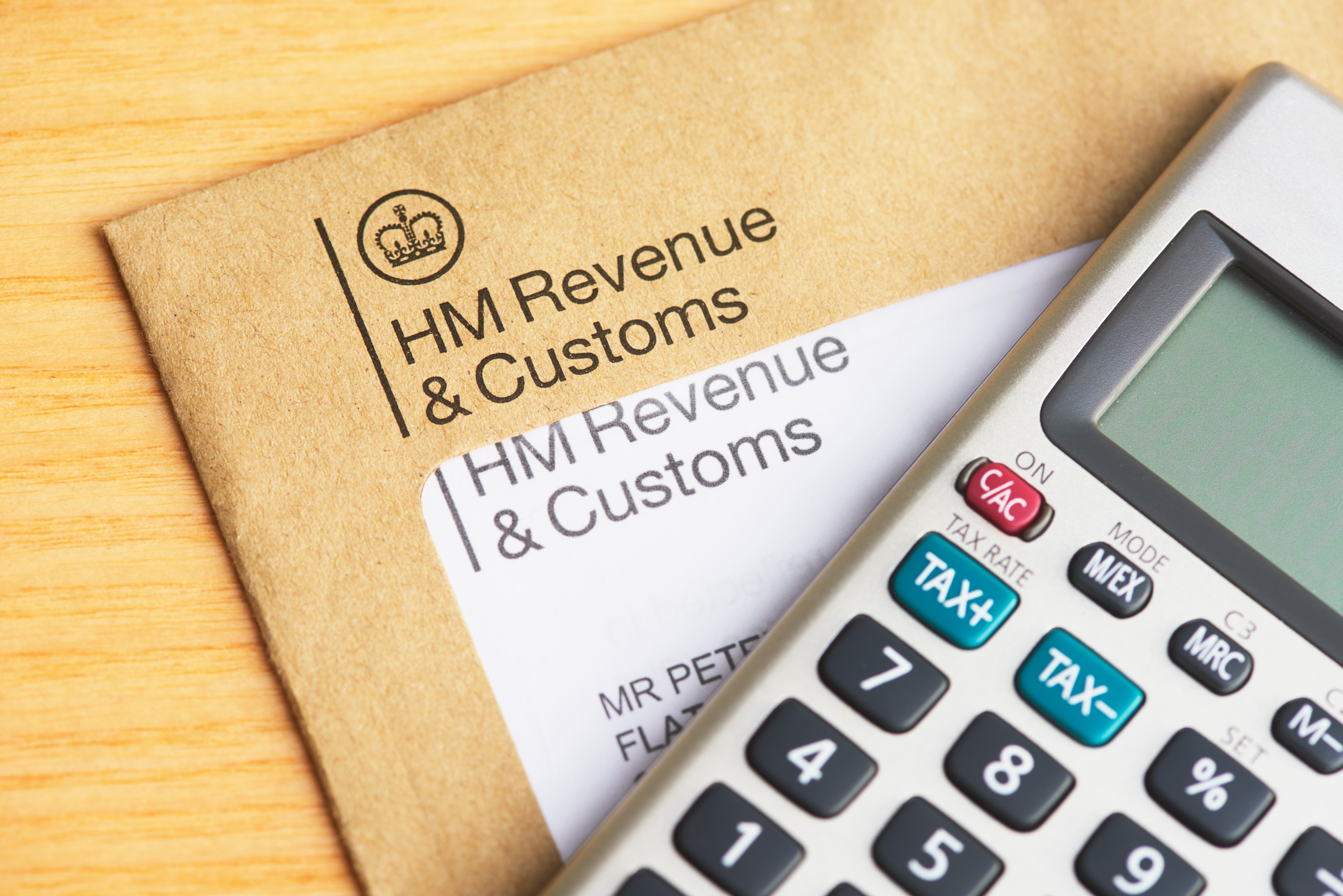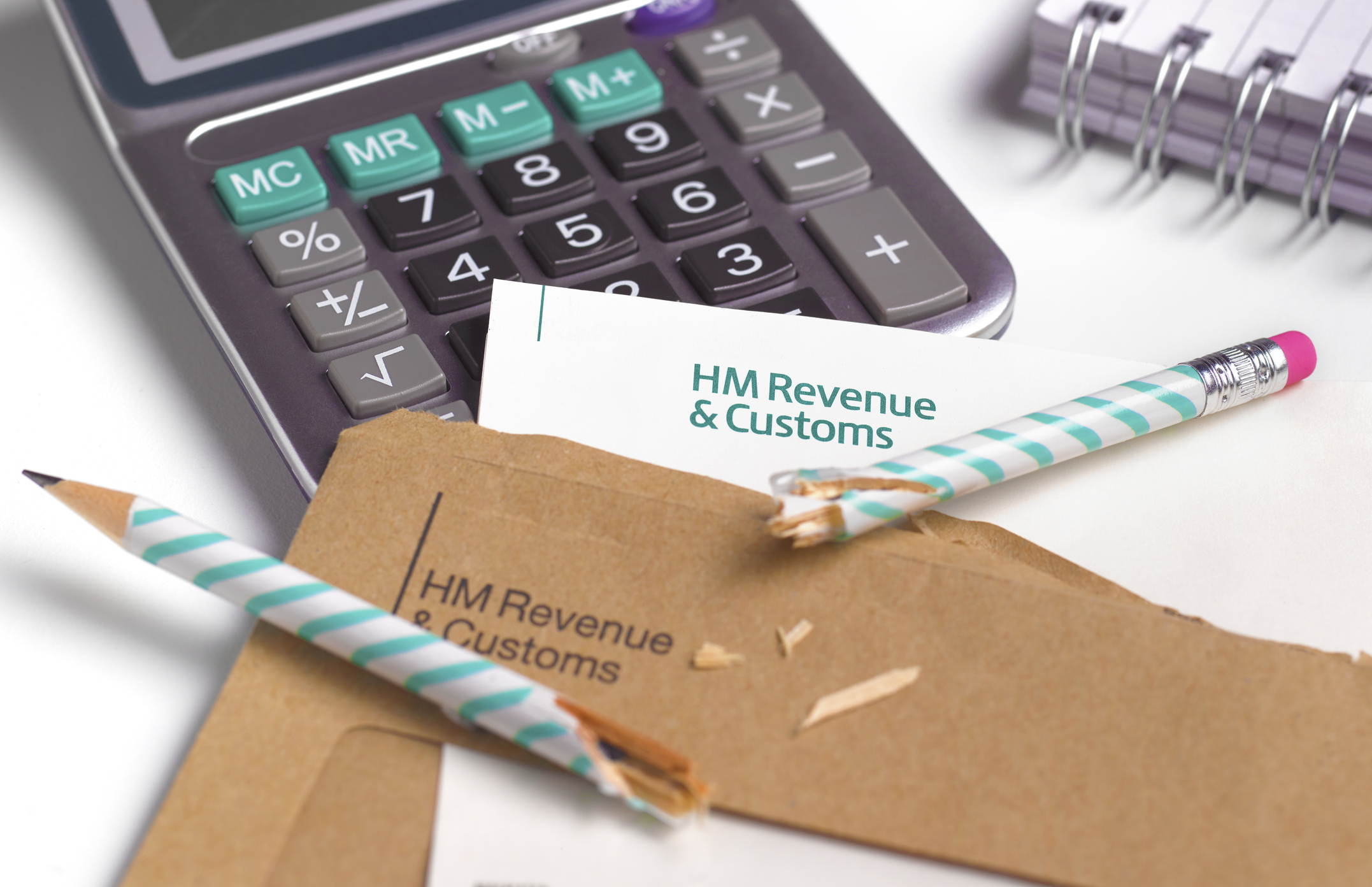Inheritance tax bills are set to rise – will you be caught out?
The number of people who actually pay inheritance tax is very small. But more and more estates are set to be dragged into its net, says David Prosser. And that could include you.


Get the latest financial news, insights and expert analysis from our award-winning MoneyWeek team, to help you understand what really matters when it comes to your finances.
You are now subscribed
Your newsletter sign-up was successful
Want to add more newsletters?

Twice daily
MoneyWeek
Get the latest financial news, insights and expert analysis from our award-winning MoneyWeek team, to help you understand what really matters when it comes to your finances.

Four times a week
Look After My Bills
Sign up to our free money-saving newsletter, filled with the latest news and expert advice to help you find the best tips and deals for managing your bills. Start saving today!
Business Property Relief (BPR) was an important survivor of chancellor Rishi Sunak’s spring Budget in early March. The tax break can be a valuable tool in planning for inheritance tax, but had been tipped for the chop.
Yet as it turned out, the chancellor made no mention of BPR, leaving people free to continue using it, at least for now.
The basic idea of BPR is that if you leave business assets to your heirs – such as a business you have started, or its assets – these should be treated differently from an inheritance tax perspective to the rest of your estate. In practice, the rules relating to businesses and inheritance tax can get quite complicated, but one aspect of BPR is valuable to a potentially wide audience, including people who have never started a business in their lives.
MoneyWeek
Subscribe to MoneyWeek today and get your first six magazine issues absolutely FREE

Sign up to Money Morning
Don't miss the latest investment and personal finances news, market analysis, plus money-saving tips with our free twice-daily newsletter
Don't miss the latest investment and personal finances news, market analysis, plus money-saving tips with our free twice-daily newsletter
This is because unquoted shares in a company fall within the remit of BPR. Crucially, “unquoted” has a broad definition – it includes companies listed on the Aim market, the junior market of the London Stock Exchange.
As a result, in the right circumstances, Aim shares will not count as part of your estate for inheritance tax purposes; no tax is thus due on these assets, even if your estate exceeds the threshold at which your heirs would normally have to pay 40% tax.
Don’t buy Aim stocks just for the tax breaks
The first important point to make here is that not allowing “the tax tail to wag the investment dog” is a golden rule of financial planning. In other words, it never makes sense to invest simply for tax reasons. Aim shares, after all, carry their own risks – there is not much point in investing in the hope of securing a 40% tax saving if you lose 100% of your capital.
This caveat aside, however, where you own Aim shares as part of an investment portfolio carefully structured according to your attitude to risk and your financial goals, they can be a useful way to plan for inheritance tax. Aim shares are usually also eligible for individual savings accounts (Isas), within which income and capital gains are tax-free too.
Just make sure you understand the rules. First, BPR comes with a two-year qualifying period – you must have held qualifying Aim shares for two years before your death for the assets to fall out of your estate for inheritance tax purposes.
There is a wrinkle here: they do not need to be the same Aim shares. If you owned shares in one qualifying company for 18 months before selling up and reinvesting the proceeds in another qualifying company, the latter would get BPR after six months.
Second, not all Aim shares qualify for BPR. Certain sectors of the market, including financial services and property, typically don’t. HMRC publishes a guide to what qualifies and what doesn’t, but you’ll need to check each share to be certain, or take professional advice. Roughly two-thirds of Aim shares currently qualify, but the list changes all the time as companies come and go, or change their activities.
How to build an Aim portfolio
How you make use of the Aim BPR tax break in practice depends on your personal circumstances and how hands-on you want to be. It is certainly possible to build your own portfolio of Aim stocks, but you will need to be confident in your ability to choose investments wisely and to stay on top of the tax rules.
The alternative is to pay a stockbroker or financial adviser to do the job on your behalf, or to work with a firm that specialises in building tax-efficient investment portfolios. Firms such as Octopus, Unicorn and Wealth Club, for example, offer specialist inheritance-tax portfolio services.
Either way, the normal rules apply when seeking professional advice. Only work with fully regulated firms – those authorised by the Financial Conduct Authority. And do your due diligence – look into firms’ specialist qualifications, compare their charges (they can be steep, even by financial industry standards, for this particular service), and make sure you feel comfortable with them before handing over your money.
Remember that the government could change the rules at any point
More broadly, you should also be mindful of the potential for tax reforms in the future that torpedo any strategy you devise today. The fact that the chancellor let BPR off the hook in March does not mean he will not change the rules in the future. Given that the Office for Tax Simplification has recommended reform of inheritance tax, BPR remains a likely candidate for an overhaul.
One final point to make is that BPR is not the only inheritance tax relief available on investments. The Enterprise Investment Scheme (EIS) also comes with an inheritance tax advantage: investments in the EIS of up to £2m a year achieve exemption from the tax after two years.
However, the EIS is an initiative designed to boost investment in small, early-stage companies; the tax benefits on offer reflect the elevated risk profile of these businesses, so you must be prepared for the possibility of losses.
As with Aim shares, never invest in companies with EIS status just to get a tax break – and if you do decide the EIS is for you, think about how to build a portfolio of qualifying companies.
Get the latest financial news, insights and expert analysis from our award-winning MoneyWeek team, to help you understand what really matters when it comes to your finances.

David Prosser is a regular MoneyWeek columnist, writing on small business and entrepreneurship, as well as pensions and other forms of tax-efficient savings and investments. David has been a financial journalist for almost 30 years, specialising initially in personal finance, and then in broader business coverage. He has worked for national newspaper groups including The Financial Times, The Guardian and Observer, Express Newspapers and, most recently, The Independent, where he served for more than three years as business editor.
-
 How a ‘great view’ from your home can boost its value by 35%
How a ‘great view’ from your home can boost its value by 35%A house that comes with a picturesque backdrop could add tens of thousands of pounds to its asking price – but how does each region compare?
-
 What is a care fees annuity and how much does it cost?
What is a care fees annuity and how much does it cost?How we will be cared for in our later years – and how much we are willing to pay for it – are conversations best had as early as possible. One option to cover the cost is a care fees annuity. We look at the pros and cons.
-
 Two million taxpayers to be hit by £100k tax trap by 2026/27
Two million taxpayers to be hit by £100k tax trap by 2026/27Frozen thresholds mean more people than ever are set to pay an effective income tax rate of 60% as their earnings increase beyond £100,000. We look at why, as well as how you can avoid being caught in the trap.
-
 13 tax changes in 2026 – which taxes are going up?
13 tax changes in 2026 – which taxes are going up?As 2026 gets underway, we look at what lies ahead in terms of changes to tax rates and allowances this year and how it will affect you.
-
 How to limit how much of your Christmas bonus goes to the taxman
How to limit how much of your Christmas bonus goes to the taxmanIt's Christmas bonus season but the boosted pay packet may mean much of your hard-earned reward ends up with HMRC instead of in your pocket
-
 Over 1 million pay 45% rate of income tax as fiscal drag bites
Over 1 million pay 45% rate of income tax as fiscal drag bitesHundreds of thousands more people are being pushed into the additional rate tax band by fiscal drag
-
 'I've used my annual ISA allowance. How can I shield my savings from tax?'
'I've used my annual ISA allowance. How can I shield my savings from tax?'As millions face paying tax on savings interest, we explore how to protect your money from the taxman. If you've used up your ISA allowance, we look at the other tax-efficient options.
-
 Simple assessment explained as millions brace for unexpected tax bills
Simple assessment explained as millions brace for unexpected tax billsIncreasing numbers of people could get letters from HMRC saying they owe more tax due to frozen thresholds, under a system known as simple assessment. Here is what it means for you.
-
 What are wealth taxes and would they work in Britain?
What are wealth taxes and would they work in Britain?The Treasury is short of cash and mulling over how it can get its hands on more money to plug the gap. Could wealth taxes do the trick?
-
 When is the self-assessment tax return deadline?
When is the self-assessment tax return deadline?If you are self-employed, rent out a property or earn income from savings or investments, you may need to complete a self-assessment tax return. We run through the deadlines you need to know about